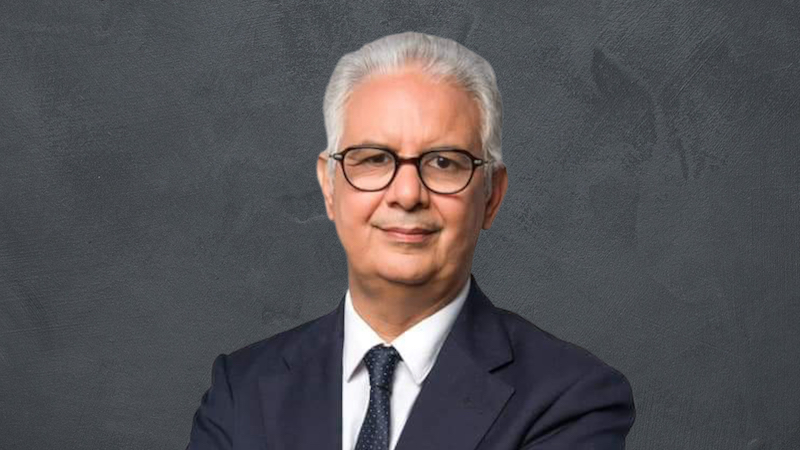Morocco: A Call For Unified Global Commitment To Water Security – OpEd

"It is time for all of us to make a firm and unified commitment to share common experiences and strengthen international cooperation for the water issue." These compelling words by Mr. Nizar Baraka, Morocco's Minister of Equipment and Water, resonate profoundly in today's context of global water challenges. Delivered during a high-level meeting at the Tenth World Water Forum in Bali, Indonesia, Mr. Baraka's call to action underscores the urgent need for collective international efforts in addressing water security.
Water, the essence of life, is increasingly becoming a contested and scarce resource. Climate change, population growth, and industrial demands are exacerbating water shortages, threatening ecosystems, agriculture, and human health worldwide. In this scenario, isolated efforts are insufficient. The complex, transboundary nature of water issues demands a holistic, cooperative approach.
Mr. Baraka's statement highlights the importance of sharing knowledge and experiences. Different regions face unique water challenges, yet the solutions developed in one part of the world can often be adapted and implemented elsewhere. For instance, Morocco's innovative water management strategies, which include sustainable irrigation practices and advanced desalination technologies, offer valuable lessons for arid regions globally. Similarly, the Netherlands' expertise in flood management and Japan's advancements in water purification are critical assets that should be shared widely.
The Tenth World Water Forum serves as a pivotal platform for fostering this essential exchange of ideas. It brings together policymakers, scientists, and stakeholders from diverse backgrounds to collaborate on sustainable water management solutions. By learning from each other, countries can implement best practices and avoid repeating mistakes, thus accelerating progress towards global water security.
Moreover, strengthening international cooperation goes beyond sharing knowledge—it requires robust political will and strategic partnerships. Water issues often transcend national borders, necessitating regional agreements and collaborative frameworks. For example, the Nile Basin Initiative and the Mekong River Commission are models of how cooperative governance can mitigate conflicts and promote equitable water distribution.
Mr. Baraka's appeal also touches on the moral imperative of equitable water access. Water scarcity disproportionately affects the most vulnerable populations, exacerbating poverty and inequality. International cooperation should prioritize these communities, ensuring that water management strategies are inclusive and just. Investing in infrastructure, capacity building, and technology transfer in developing countries is crucial for achieving this goal.
In conclusion, Mr. Nizar Baraka's intervention at the World Water Forum is a powerful reminder of our shared responsibility towards water stewardship. It calls for a united front, where nations come together to share knowledge, forge partnerships, and act decisively. The water crisis is a global challenge that requires a global solution—one built on cooperation, innovation, and a steadfast commitment to securing this vital resource for all. As we heed this call, we move closer to a future where water security is a reality for everyone, everywhere.
